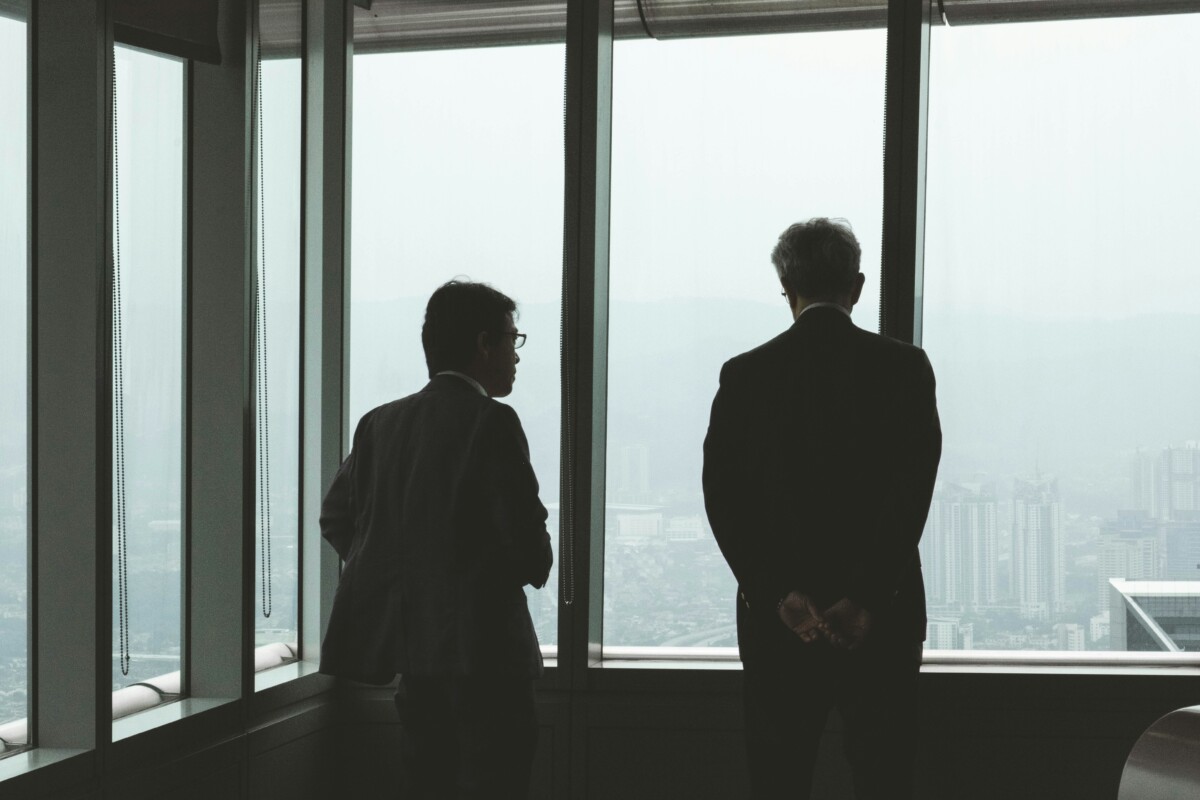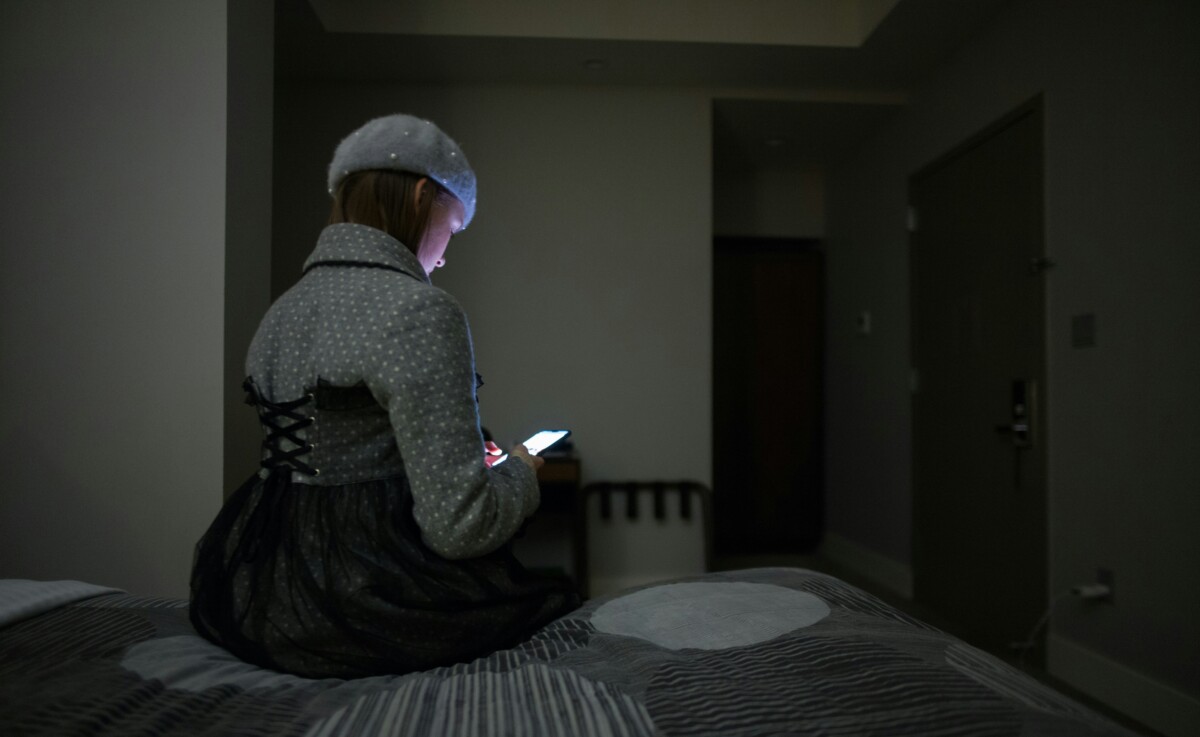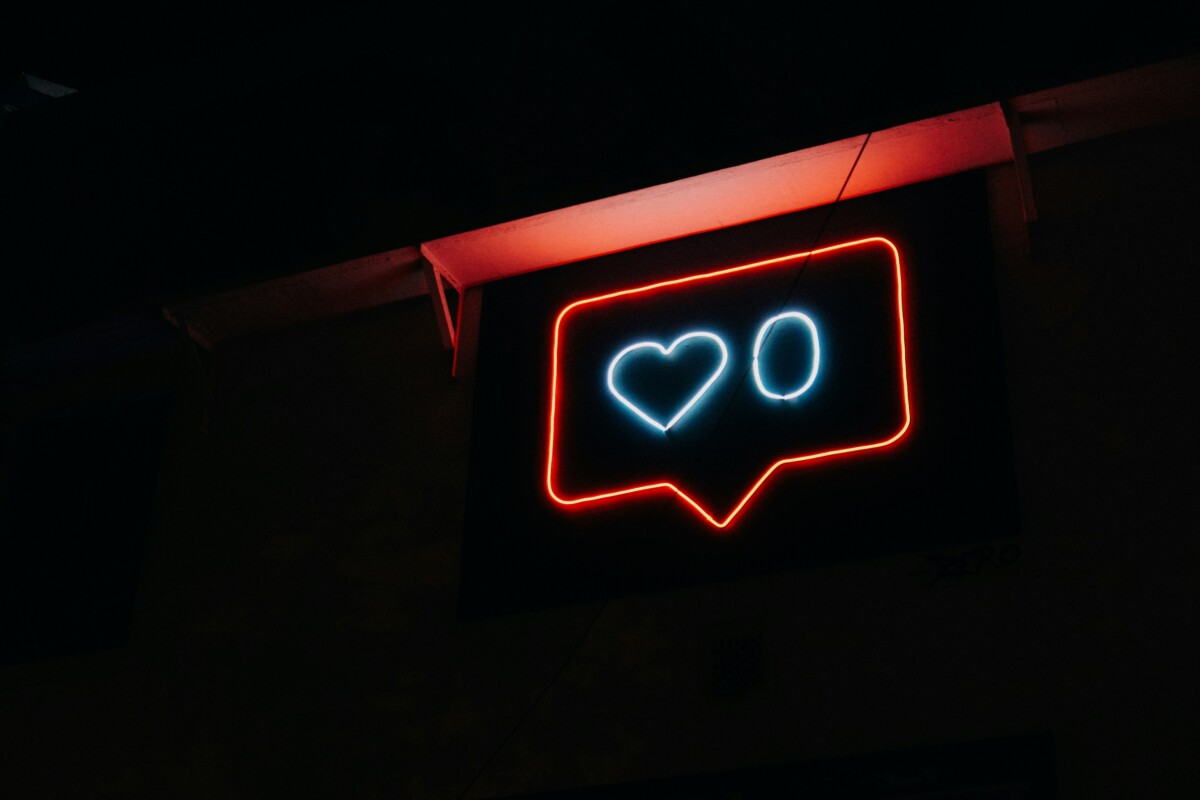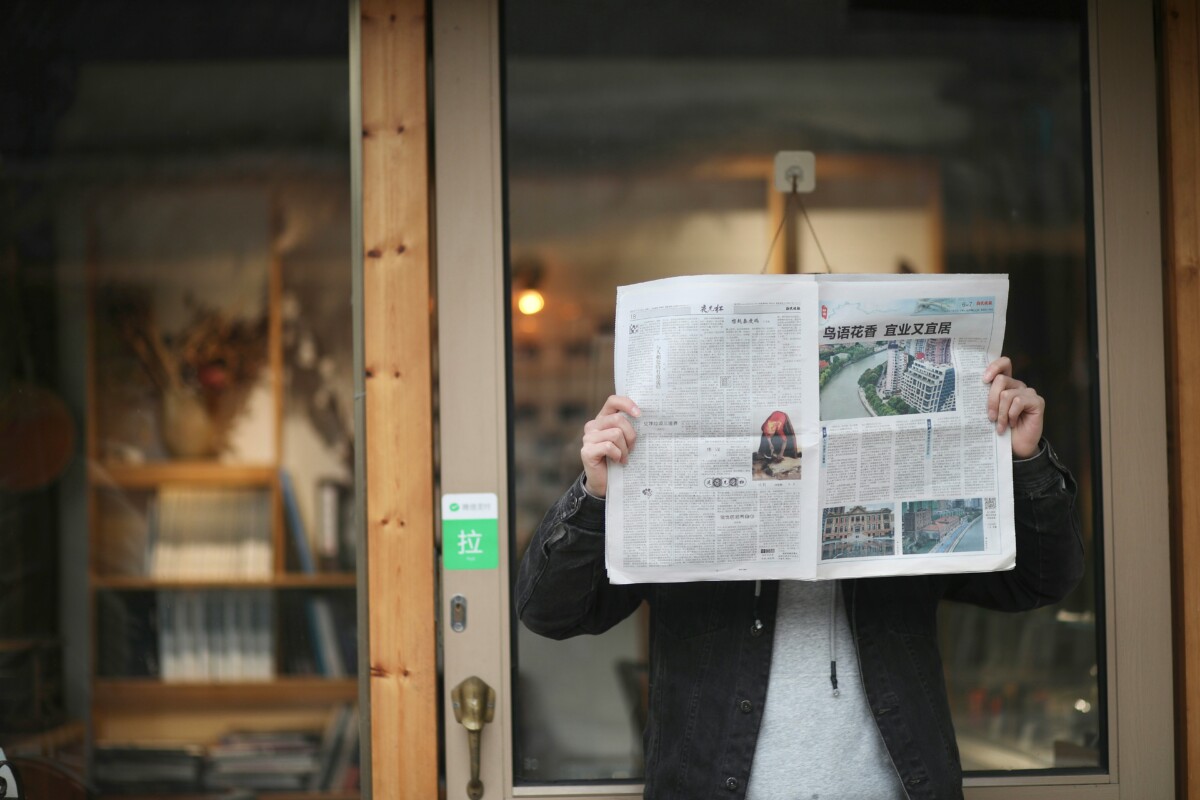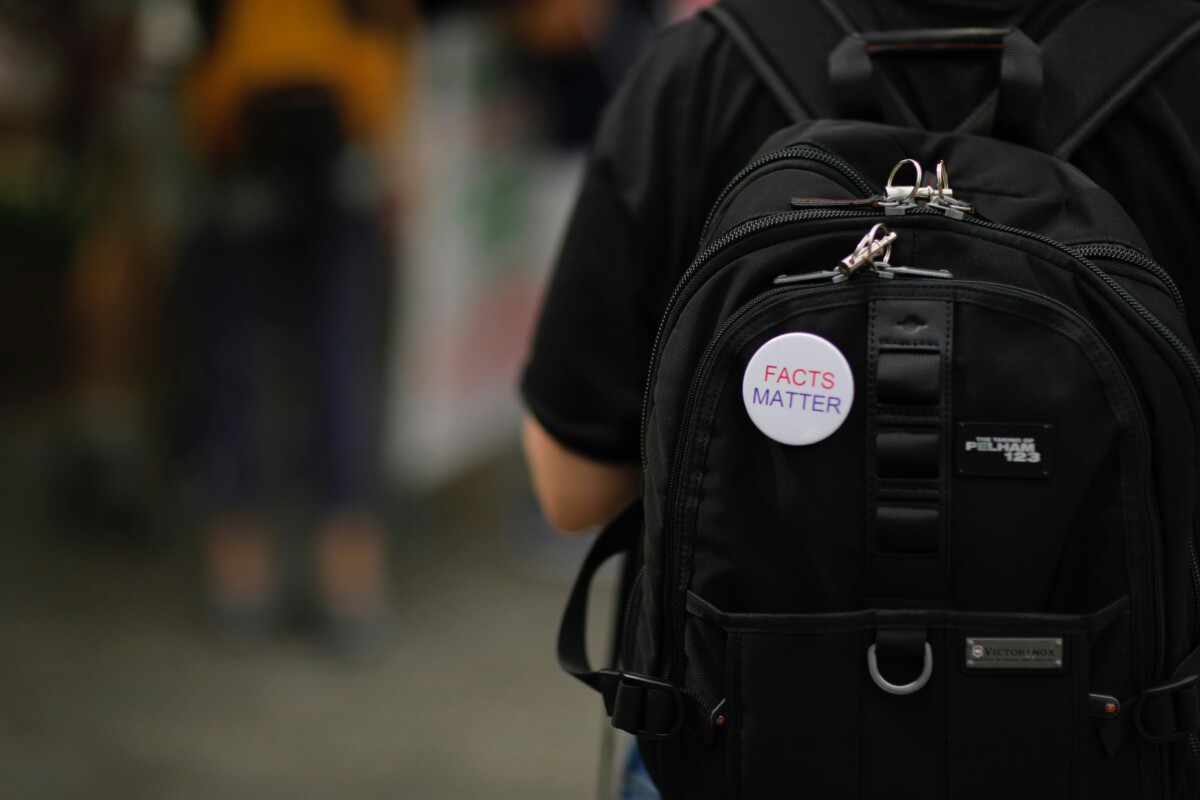Andy Last on Purpose, Profit and the Price of Credibility
Listen to the full podcast episode on YouTube, Spotify, and Apple Podcasts.
He knows the stakes. “Business has always had a purpose,” Andy says.
“The question is whether it serves a social need as well as a commercial one.”
That tension — between mission and margin — defines the hardest leadership choices.
When It Works: The Lifebuoy Example
The best case Andy knows is Lifebuoy soap. By embedding hygiene education into its business model, Unilever turned a bar of soap into a global health intervention. It was neither charity nor greenwash. “If it doesn’t connect to the business model, it’s just philanthropy,” Andy warns.
“And philanthropy is the first thing to go when times get tough.”
The lesson? Responsibility sticks when it strengthens, rather than competes with, commercial success.

The Trust Deficit
For today’s leaders, the bigger challenge is credibility. Decades of greenwashing have bred deep mistrust. “Most people think businesses are overstating their role in society,” Andy admits. “And often, they’re right.”
His advice is disarmingly simple: tell the whole truth. “Don’t just talk about what you’re doing well,” he says.
“Talk about what you’re not doing yet. People can forgive imperfection. They can’t forgive spin.”
The Missing Piece: Governance
Andy’s view of what unlocks real change is less about marketing brilliance than political clarity. “We shouldn’t pretend companies can do this alone,” he argues. Without governance — rules, standards, accountability — even the most committed leaders are undercut by competitors willing to cut corners.
That’s why, he insists, government must set the guardrails. Once the rules are clear, companies adapt quickly. Until then, purpose will always be at risk of being outpaced by profit.
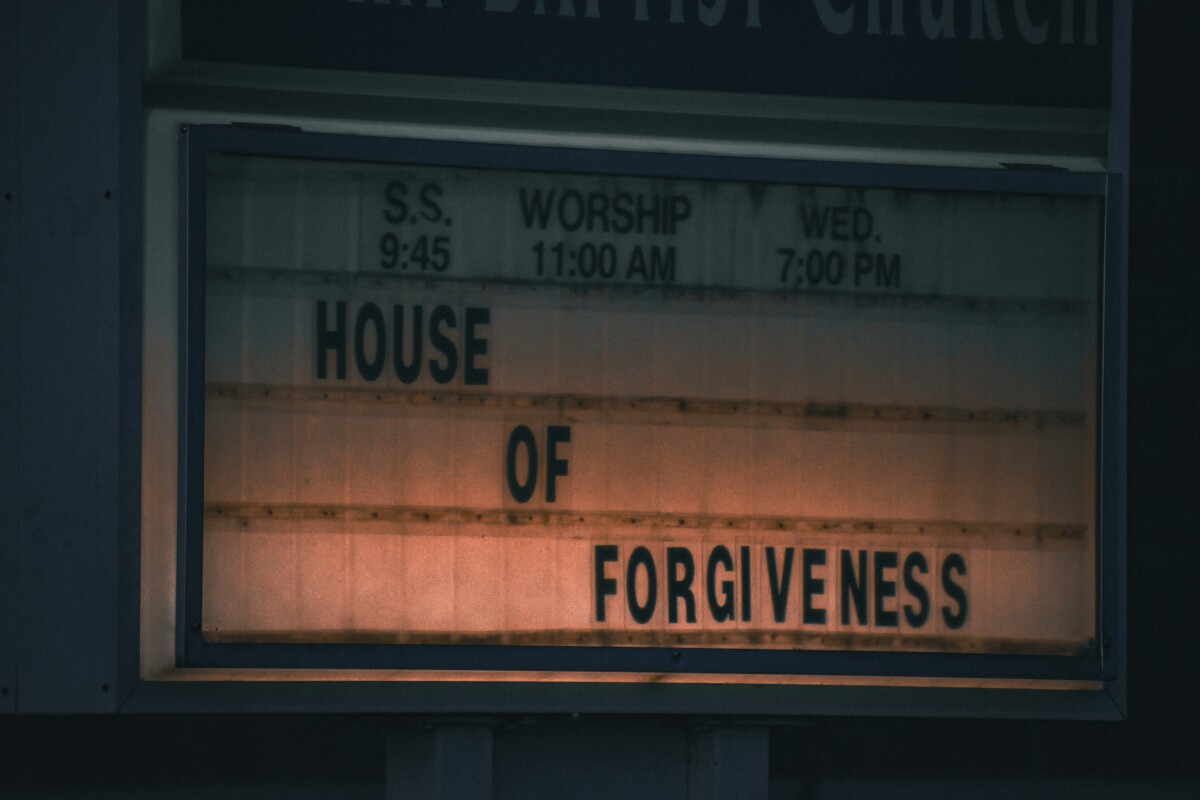
What Leadership Demands
Andy’s reflections sketch a demanding picture of responsible leadership today:
-
Integration — embedding social value in the business model itself.
-
Honesty — admitting limits as well as achievements.
-
Advocacy — pushing for governance that holds everyone to account.
They’re not slogans; they’re disciplines. And they remind us that the real test of leadership isn’t writing the purpose statement. It’s living with the trade-offs when markets, shareholders and society all demand different things at once.
Sponsored by...
The Mark of Editorial Integrity
👉 Learn how truMRK helps organisations strengthen the credibility of their sustainability reports.
Want to be a guest on our show?
Contact Us.
The Responsible Edge Podcast
Queensgate House
48 Queen Street
Exeter
Devon
EX4 3SR
Recognition.
Subscribe Now.
Subscribe below to receive a monthly email featuring all new episodes of The Responsible Edge Podcast.
© 2025. The Responsible Edge Podcast. All rights reserved.
The Responsible Edge Podcast® is a registered trademark.
Sponsored by truMRK
© 2025. The Responsible Edge Podcast


